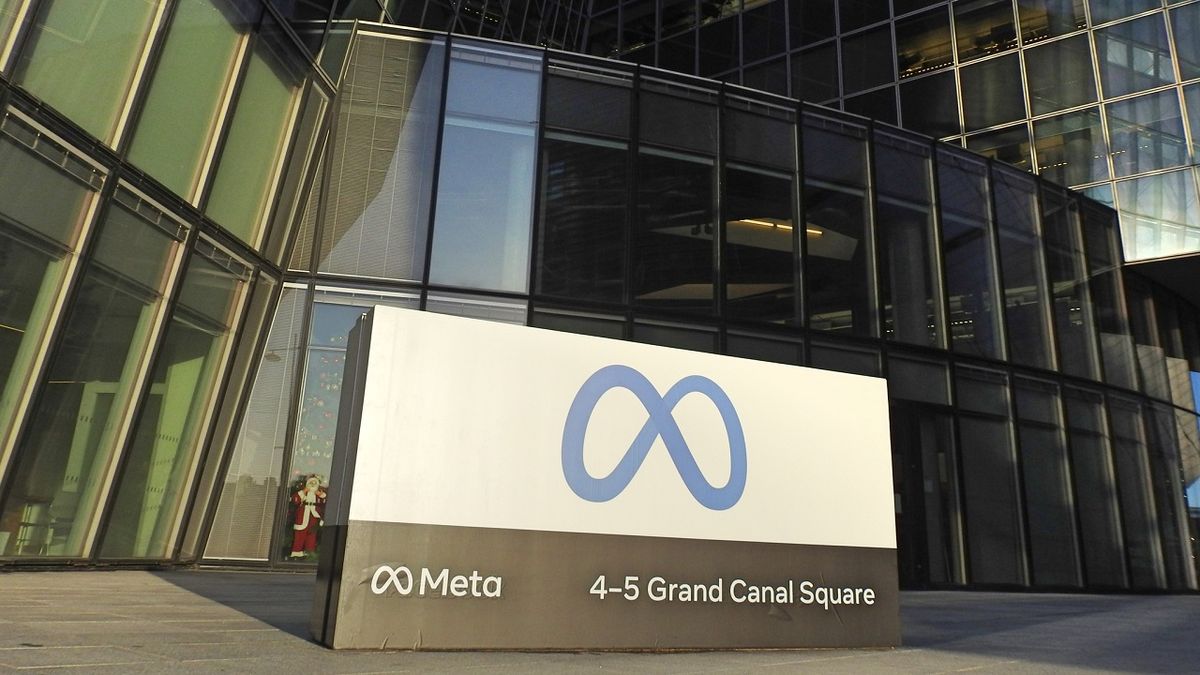Meta has made the decision to prohibit political campaigns and advertisers from other sectors from using its new generative AI products, a Meta spokesperson explained to Reuters.
The intention? Simple: avoid accelerating the spread of election disinformation or other types of disinformation.
“As we continue to test new Generative AI ad creation tools in Ads Manager, advertisers running eligible campaigns such as Housing, Employment or Credit or Social, Election or Political ads, or related to Health, Pharmaceuticals or Financial Services are currently not permitted to use this Generative AI feature,” explained Meta.
“We believe that this approach will allow us to better understand potential risks and build appropriate safeguards for the use of Generative AI in advertising relating to potentially sensitive issues in regulated industries,” he continued.
The company led by Mark Zuckerberg made this decision public in an update posted to its help center on Monday evening. Their advertising rules prohibit ads with content that has been debunked by the company’s fact-checking partners, but they don’t have specific rules about AI.
This update comes at a time Meta is starting to expand advertisers’ access to AI-powered advertising toolswhich can instantly create backgrounds, image adjustments, and ad text variations in response to simple text commands.
These tools are available to a small, select group of advertisers and will roll out to more people worldwide in 2024.
AI is on everyone’s lips and big tech companies are launching all kinds of products with this technology in mind.
Google, for example, last week announced the launch of a generative AI advertising tool to personalize images, also with a no-holds-barred policy.
The American company has also been clear on this: there will be no election-related ads if they contain “synthetic content that inauthentically represents real or realistic-looking people or events.”
Meta’s chief political officer, Nick Clegg, said last month that the use of generative AI in political advertising was “clearly an area where we need to update our standards”.
He warned ahead of a recent summit on AI safety in the UK that the government and technology companies must prepare for the technology to be used to interfere in the 2024 election. called for a special focus on election-related content “that moves from one platform to another.”
Previously, Clegg revealed to Reuters that Meta blocked its virtual assistant Meta AI from allowing users to create photorealistic images of public figures. Meta committed this summer to developing a “watermarking” system for AI-generated content.
Meta strictly prohibits misleading AI-generated videos in all content, including unpaid organic posts, except for parody or satire.

“Internet trailblazer. Troublemaker. Passionate alcohol lover. Beer advocate. Zombie ninja.”







